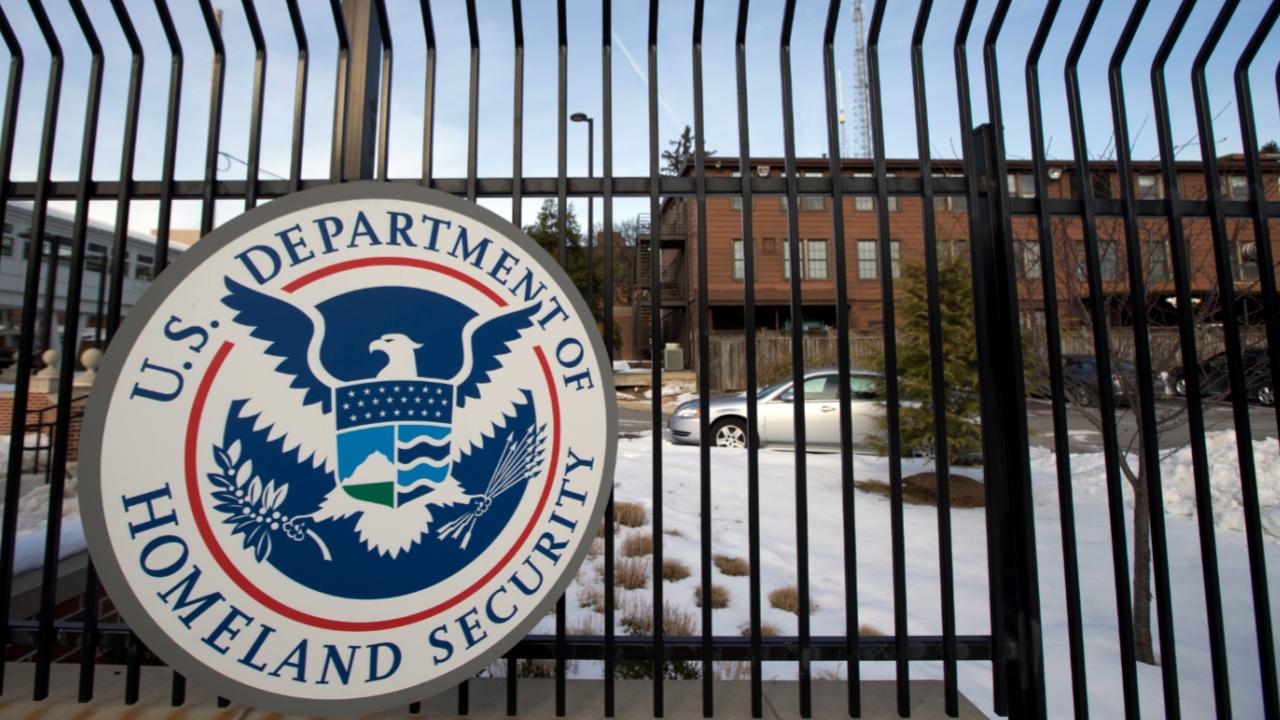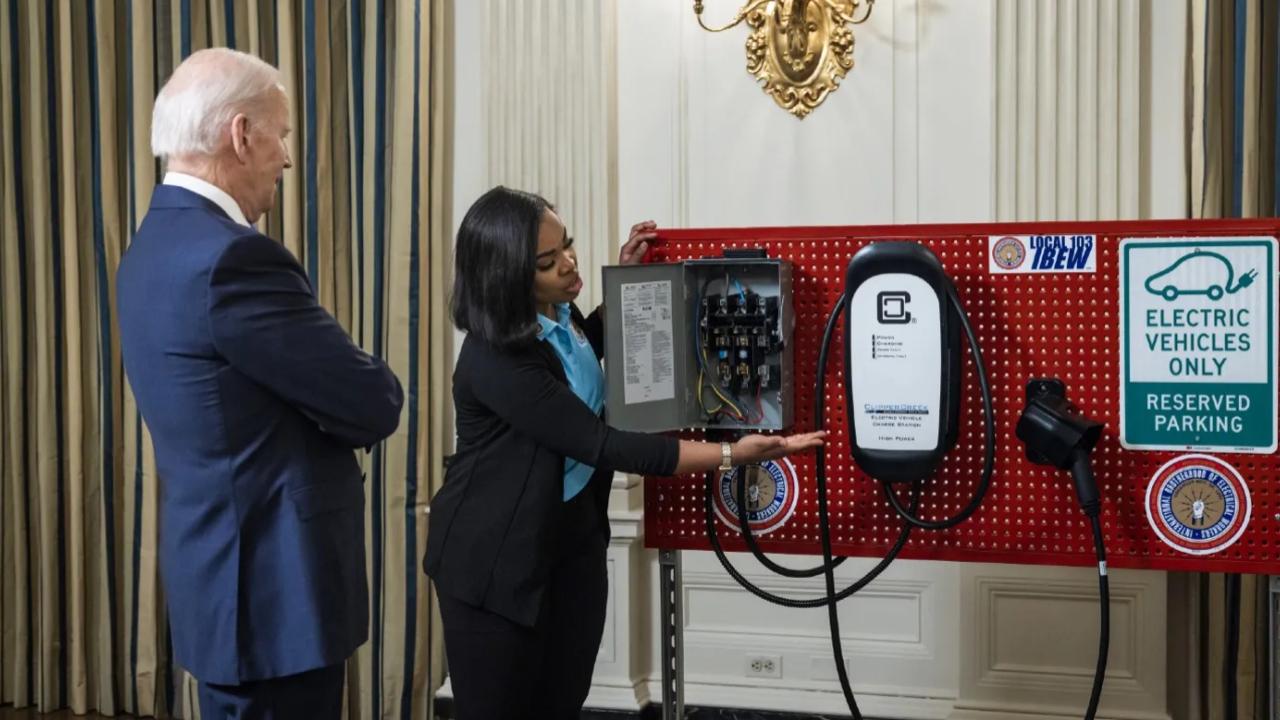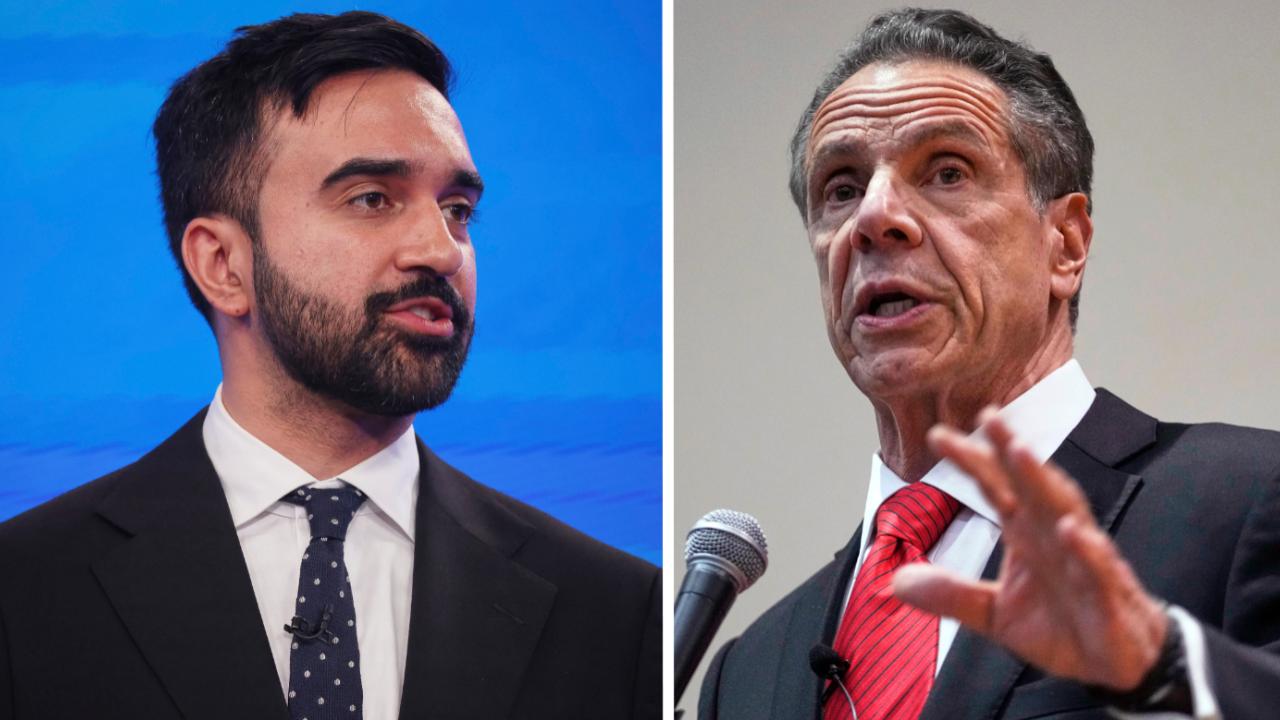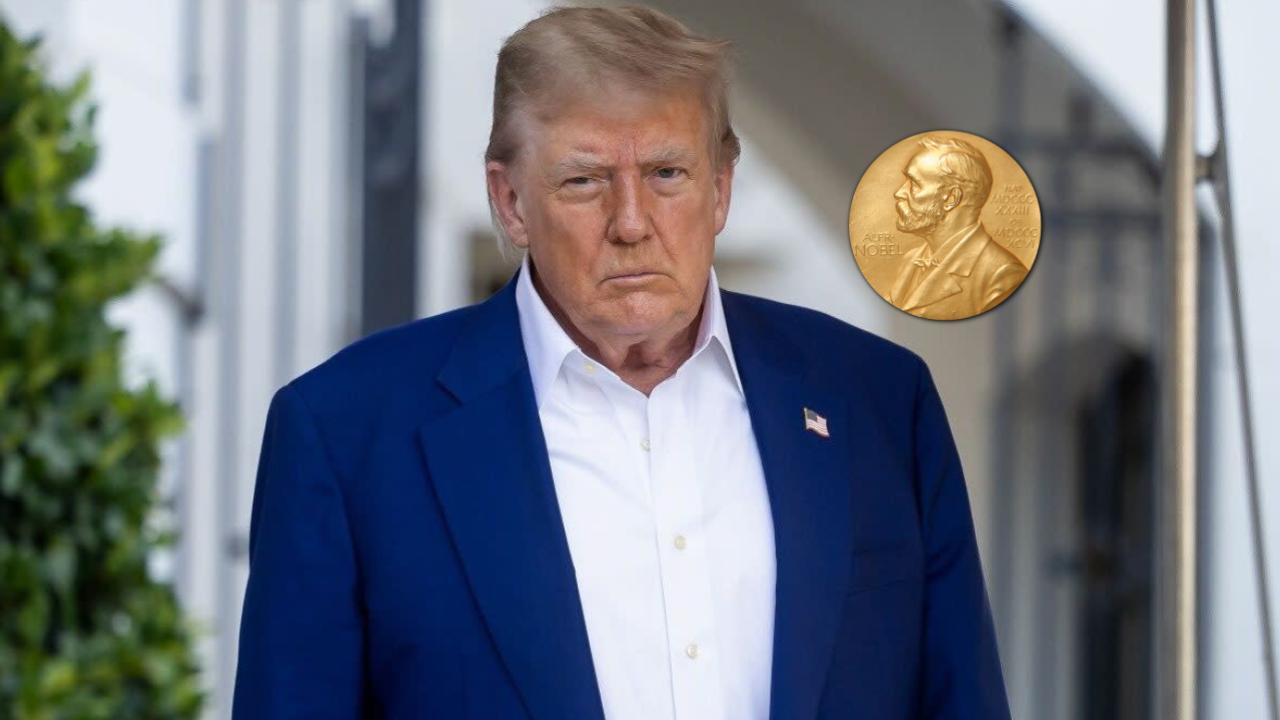In a move rattling Capitol Hill, President Trump abruptly postponed classified briefings on U.S. airstrikes against Iran—briefings lawmakers said they urgently needed. With a War Powers vote looming, many now accuse the administration of keeping Congress—and the American public—in the shadows.
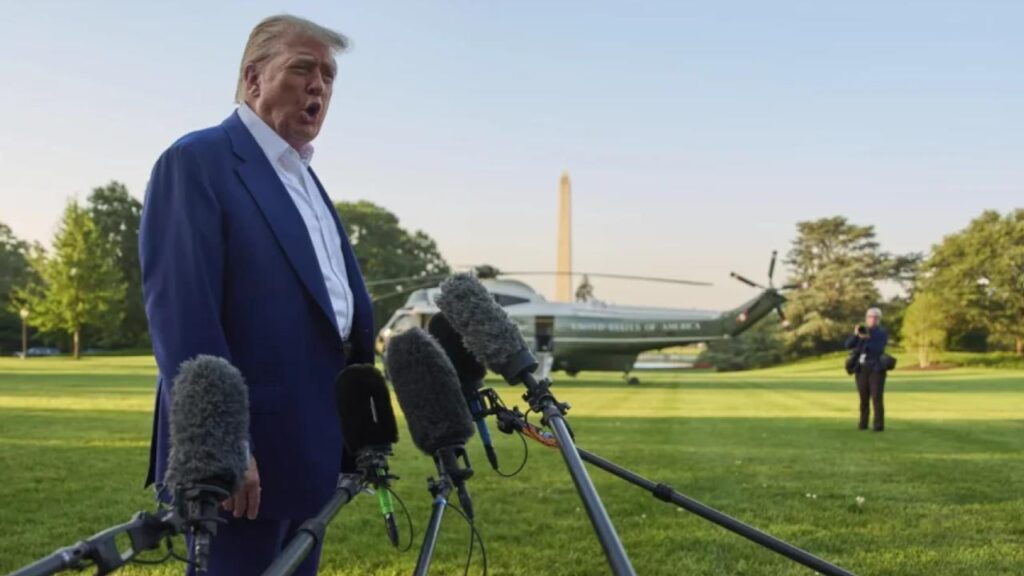
Why Did Trump Just Postpone Key Iran Briefings?
| Takeaway | Stat / Data |
|---|---|
| Briefings delayed to allow top officials’ attendance | Senate postponed to June 26; House to June 27 |
| Democrats call delay “outrageous” and a transparency violation | Chuck Schumer |
By delaying these Iran briefings, the Trump administration deepens the war-powers debate while fueling bipartisan mistrust. With the Senate vote and classified briefings now days away, how Trump handles transparency—and how lawmakers respond—could shape U.S. foreign policy power dynamics for years to come.
What’s the hold-up?
Originally scheduled for Tuesday, June 24, 2025, classified briefings for both the Senate and House were postponed. According to aides familiar with the situation, they’ve been rescheduled to Thursday for the Senate and Friday for the House, ensuring attendance by Defense Secretary Pete Hegseth and Secretary of State Marco Rubio.
Why timing matters
These briefings come just days before a crucial Senate vote on a War Powers Resolution, which would require congressional approval for extended military action in Iran. Lawmakers say they need full intel before casting their votes.
Lawmakers Speak Out
“What are they afraid of?” — Sen. Chuck Schumer
Schumer slammed the administration’s delay as “outrageous” and “derelict,” accusing the White House of obstructing its constitutional obligation to keep Congress informed. He echoed concerns that lawmakers and the public have yet to receive detailed intelligence justifying the strikes.
“We need evidence, we need details” — Rep. Hakeem Jeffries
House Minority Leader Jeffries voiced frustration that members haven’t received new intel since March, despite repeated requests.
Republican pushback
Speaker Mike Johnson defended the decision, stating the situation is still evolving. Conservative Republicans argue the briefings are within presidential authority and not subject to the War Powers Act’s requirements.
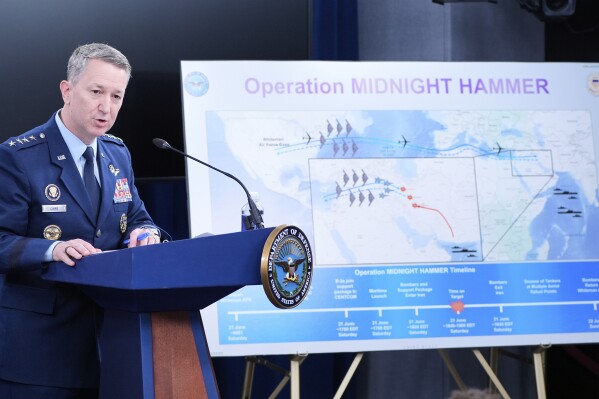
What We Know — and Don’t Know
- Scope of the Strikes
U.S. forces attacked Iranian nuclear facilities at Natanz, Fordow, and Isfahan on June 22. Though Trump claimed they were “obliterated,” U.S. intelligence suggests only modest setbacks—measured in months, not years. - Pre-Strike Eyes Only
Senior leadership, including Senate Democrats, say they received limited pre-strike notification—too little, too late. - Briefing Delay Causes
One reason cited: the need for Defense Secretary Hegseth and Secretary Rubio to accompany the sessions. But critics see that as a convenient cover to stall until after the war-powers vote.
Why This Matters
- War Powers clash: Congress is debating whether Trump overstepped his authority to act without prior congressional consent. The outcome could redefine presidential war-making power.
- Transparency crisis: Withholding detailed intelligence erodes bipartisan trust, fueling calls for reforms in military oversight.
- Political stakes: The administration faces backlash not just from Democrats, but also from cautious Republicans concerned about escalation.
A Senior Reporter’s Take
I’ve covered wars overseas and seen firsthand how quickly intel can shape decisions. But rapid military action deserves equally rapid debriefing—especially when lives hang in the balance. This delay may seem procedural now, but in the halls of power, optics matter—and lawmakers feel frozen out.
What Comes Next?
- Briefings on June 26–27: Lawmakers expect full classified briefings with top military and intel officials, including CIA, DIA, and the Joint Chiefs.
- War Powers vote: Senate will soon vote on a resolution to assert that further military action requires congressional approval.
- Public reaction: With polling showing growing concern over the strikes, transparency will be key to shaping public trust.
FAQs
Why did the administration delay?
According to White House staff, officials like Defense Secretary Hegseth and Secretary Rubio needed to be present. Critics argue this is a stalling tactic ahead of the War Powers vote.
Is Trump legally required to brief Congress?
There’s no statute mandating pre-strike notification, but the War Powers Resolution of 1973 requires Congress be kept “fully informed”—whether the current briefings satisfy that requirement remains contentious.
Does the vote matter?
Yes. It’s a test of whether Congress is willing to challenge executive military authority. Though Trump might veto, a Senate override could set a new precedent.


